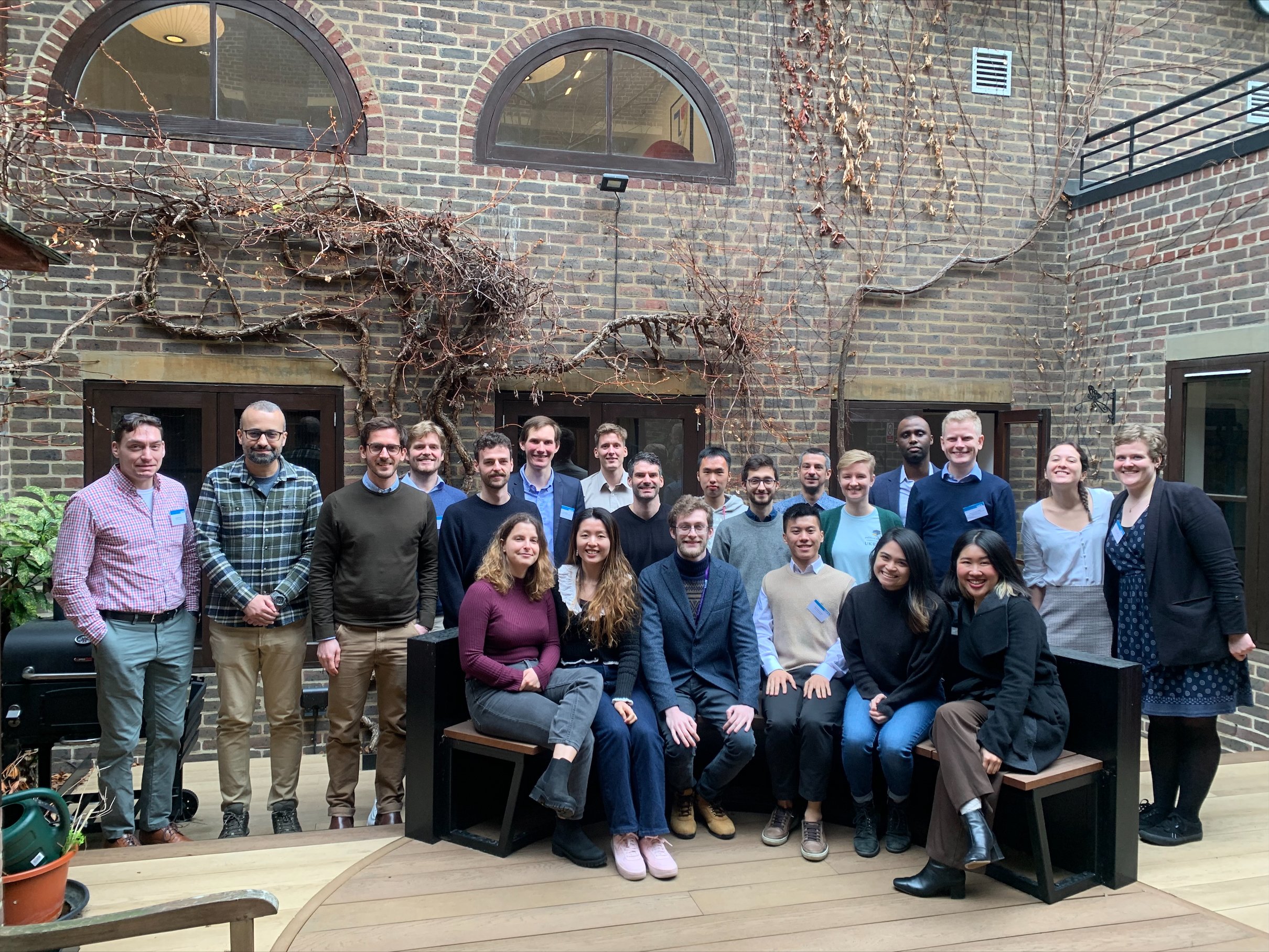Prof. Anita Gohdes and Prof. Neil Mitchell subsequently provided valuable feedback for the participants who presented on the first panel. The panel on “Conflict in the Digital Sphere and its Repercussions” introduced projects on transnational repression, the effects of protest on media discourse, an investigation of the ownership structure of telecommunications companies as well as a project looking at fake news labelling as a form of digital repression.
The second panel turned to ethnic conflict and the conceptualisation and investigation of (national) identities in conflict. The four presentations on the second panel benefitted greatly from the discussants’ expertise in this area. Dr. Carl Müller-Crepon and Dr. Janina Beiser-McGrath, who joined the workshop from the London School of Economics and Royal Holloway University of London, discussed papers on the national identity in Donbas, a Lacanian approach to conflict studies, weather shocks and its effect on ethnic groups with different power statuses, and the early ethnic mobilisation and its effect on nation building in Latin America.
After the lunch break, the third panel titled “Dissecting Contentious Movements: Composition, Coercion, and Co-optation?” featured presentations on varying relations between nonviolent and violent groups in contentious movements, different forms of repression and its impact on the level of subsequent mobilisation, womens' role within movements, and the toleration of protests in authoritarian states. Dr. Rod Abouharb and Prof. Kristin Bakke provided insightful comments for the presenters.
Before all participants and members of the Conflict & Change research cluster went off to the workshop dinner, the last panel of the first day talked about “Ethnicity, Institutions, and Regime Type as Drivers of Conflict". Four participants shared their ideas on the role of autocratic personnel in peacekeeping movements, the impact of ethnic appeals on social media, the legacies of institutions and its repercussions for conflict in Thailand and the Philippines, and institutions and their effect on varying onsets of civil war. Dr. Zeynep Bulutgil and Dr. Kit Rickard provided comments.







